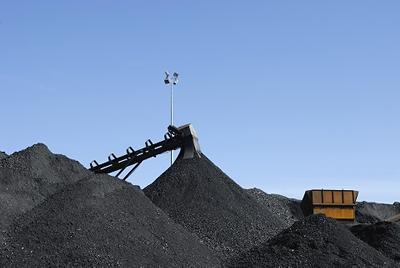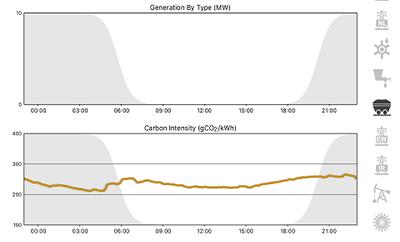The UK celebrates its first “Zero-Coal” day since 1882

Friday 21 April, 2017 was the first 24-hour working day since 1882 that the United Kingdom didn’t burn any coal to generate electricity.
Coal is one of the most polluting energy sources there is, due to the emission of large amounts of SOx, NOx and other pollutants (particles, mercury), as well as extremely high CO2 outputs per unit of electrical energy.

In Figure 1: the top graph shows the zero level of coal-fuelled power generation for the 21 April, 2017.
The lower one displays the carbon intensity (gCO2/kWh) of electricity production principally from burning natural gas. Many thanks to Professor Alex Rogers (ex-Southampton, now Oxford) and the GridCarbon app developers, for the figures and discussion. (See http://www.gridcarbon.uk which includes details on how carbon intensity is calculated.)
Prior to 2016 there were no periods of zero coal electricity production in the UK. However, there have been a number of hour-long periods over the last year when the grid ran with no coal generation and we came close to zero coal about a year ago (19 hours). April 2017 was a month of very low coal use. That previous record of 19 hours was matched on the 20 April and then the 24 hour threshold was finally passed on the 21 April.
The use of coal for electricity generation in the UK has been declining very rapidly over the past two years. Wind and solar have picked up some of this decline boosted by increased gas usage especially on calm, cloudy days.
Coal continues to be and will remain the major fuel for electricity generation worldwide (currently about 40%) possibly for much of the 21st Century. It could again become a major source of energy for future energy generation in the UK but would require coupling with effective carbon capture and storage and improved scrubbing of SOx, NOx and other pollutants if that were to happen.